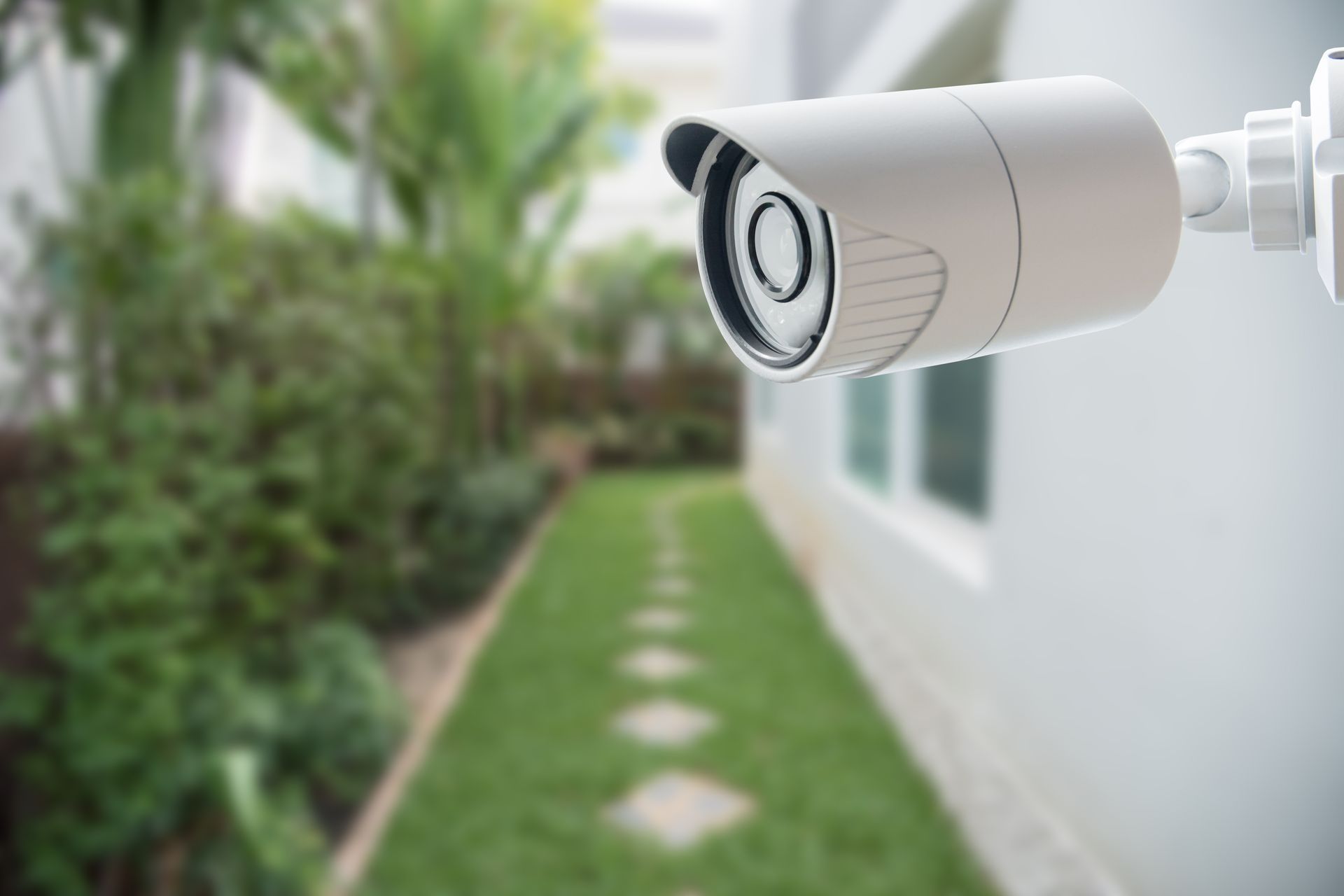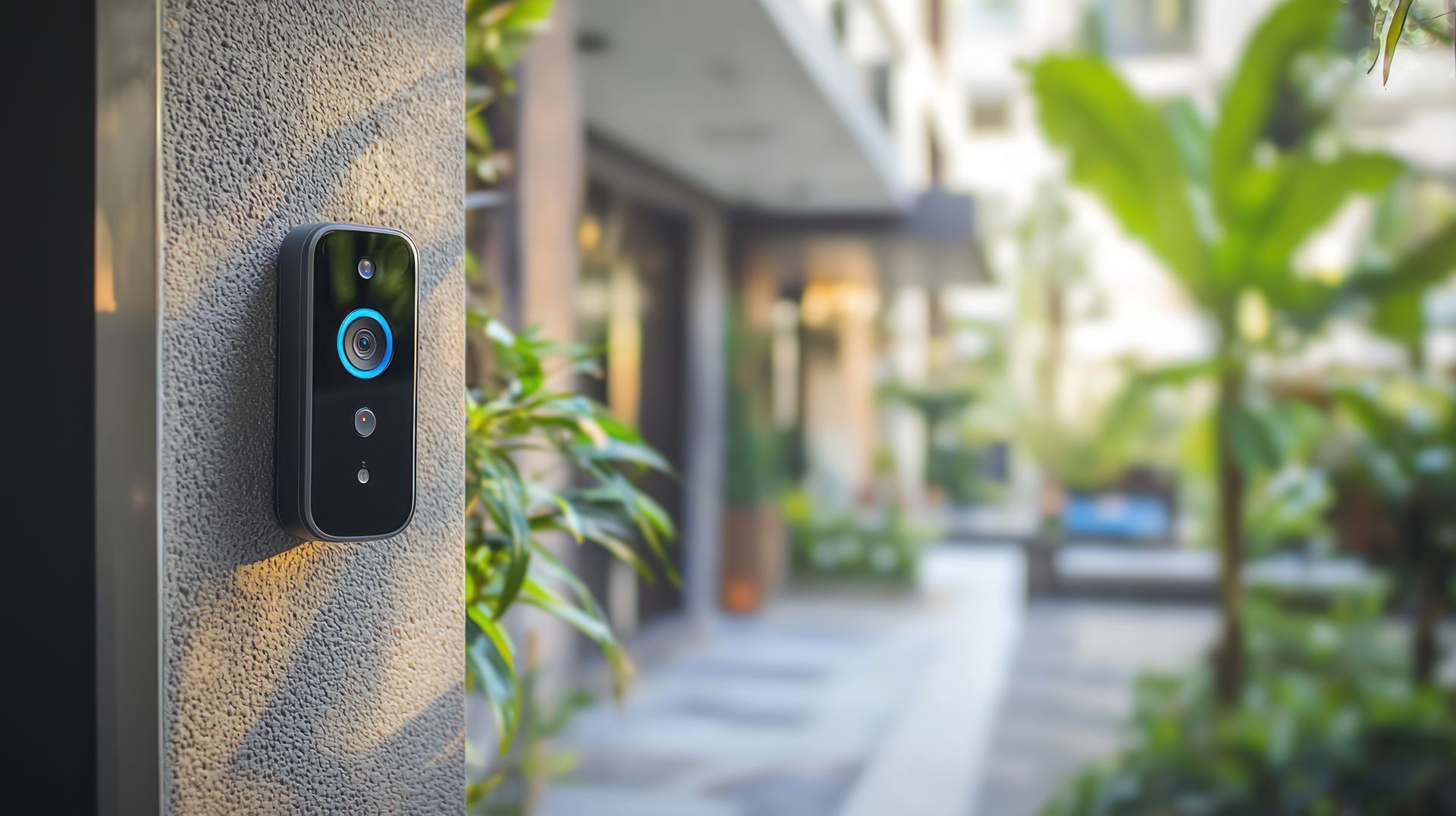The Great Debate – Security vs. Privacy
By placing surveillance cameras in common areas and installing credit-card-type computer-aided entry systems, landlords and co-op and condo boards can determine not only who is in a building and where but can keep records of every time someone enters or leaves a building or even an apartment.
But when do such systems become an invasion of privacy? And can residents do anything to limit the information an owner can collect.
“We are in desperate need of legal protections that regulate the use and potential abuse of private information,” said Donna Lieberman, executive director of the New York Civil Liberties Union. “Unfortunately, this is an example of where law is way behind technology.”
Ms. Lieberman said that few laws, and hardly any court cases, exist that address how much information about residents a property owner can accumulate in the name of enhancing security. “As a legal matter, this is a nuts-and-bolts landlord-tenant issue,” she said. “And sooner or later, it’s going to be litigated.”
Mark Lampe, director of marketing for Integral Technologies, an Indianapolis-based manufacturer of video and access control systems, said that when surveillance cameras are integrated with computer-aided access control systems, it is possible to identify whose card is being used to open a door, and then back up that information with a video image of the person actually using the card.
That means that a resident who must use a key card to enter a building could be having his picture taken by a camera in the lobby. And a resident who needs a key card to enter her apartment could be having her picture taken by a camera in the hall.
“As manufacturers, we can’t dictate how our equipment is being used,” Mr. Lampe said. “We leave that to the lawyers.”
Daniel Curtin, a Manhattan real estate lawyer, said that landlords could use the information they collect to prove that rent-regulated tenants are not using an apartment as a primary residence, as the tenants are required to do, or that tenants are subletting without permission.
Even more disconcerting for some is the fact that information about an individual’s comings and goings (and whom they were with) can probably be subpoenaed as evidence in criminal or civil proceedings.
Mr. Curtin said that while it is well established that cameras are allowed in public places like hallways, lobbies and laundry rooms, it might be possible for a tenant to make a case that a particular surveillance system constitutes harassment. “If you have a camera on every floor, nobody is going to be barking about that,” he said. “But if you happen to have cameras only on floors where you have regulated tenants, that could constitute harassment.”
Steven Sidrane, a real estate lawyer in Hewlett, on Long Island, said he has received calls from tenants required to give landlords detailed personal information, including copies of their driver’s licenses, to get key cards for new security systems. “Clearly a landlord is entitled to issue keys only to tenants who can identify themselves,” Mr. Sidrane said. “But to require a tenant to provide a copy of a photo I.D. is going a little too far.”
He said that while it is uncertain how courts will react, tenants, by claiming that landlords’ actions violate their leases, might limit the information landlords can accumulate.
“The rent laws prohibit a landlord from changing the terms and conditions of a lease,” he said. “I think that under the rent laws, a person can argue that collecting unnecessary personal information, and subjecting them to constant surveillance, is a change in the terms of the tenancy.”
But high-tech surveillance systems do enhance security – a key issue in the post-Sept. 11 era. “Where is the line between better security and invasion of privacy?” he said. “I don’t think anybody really knows.”


